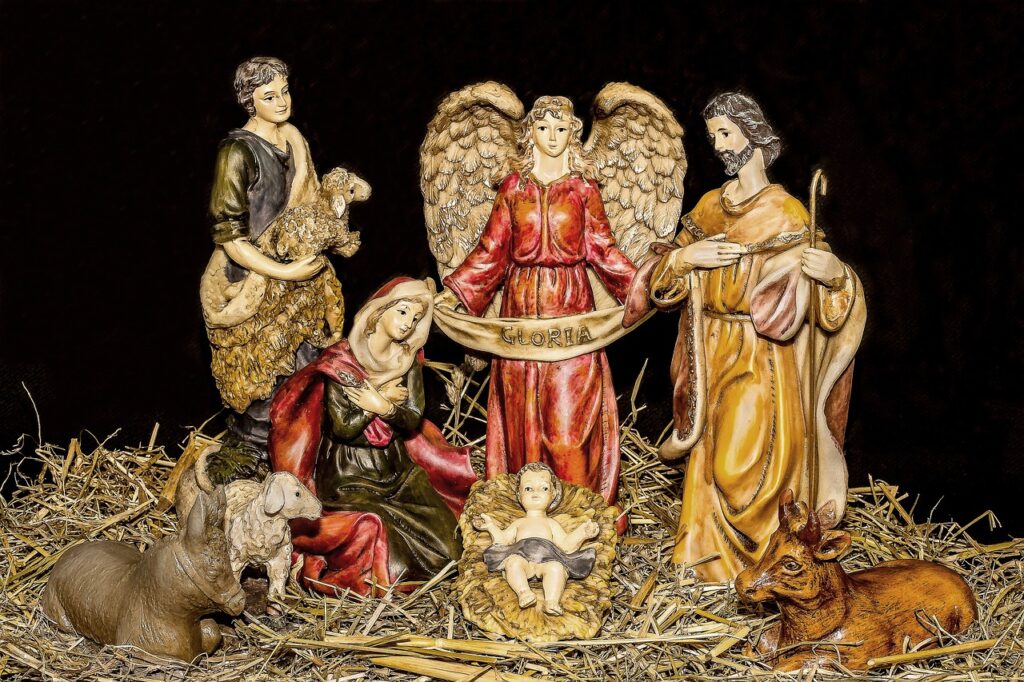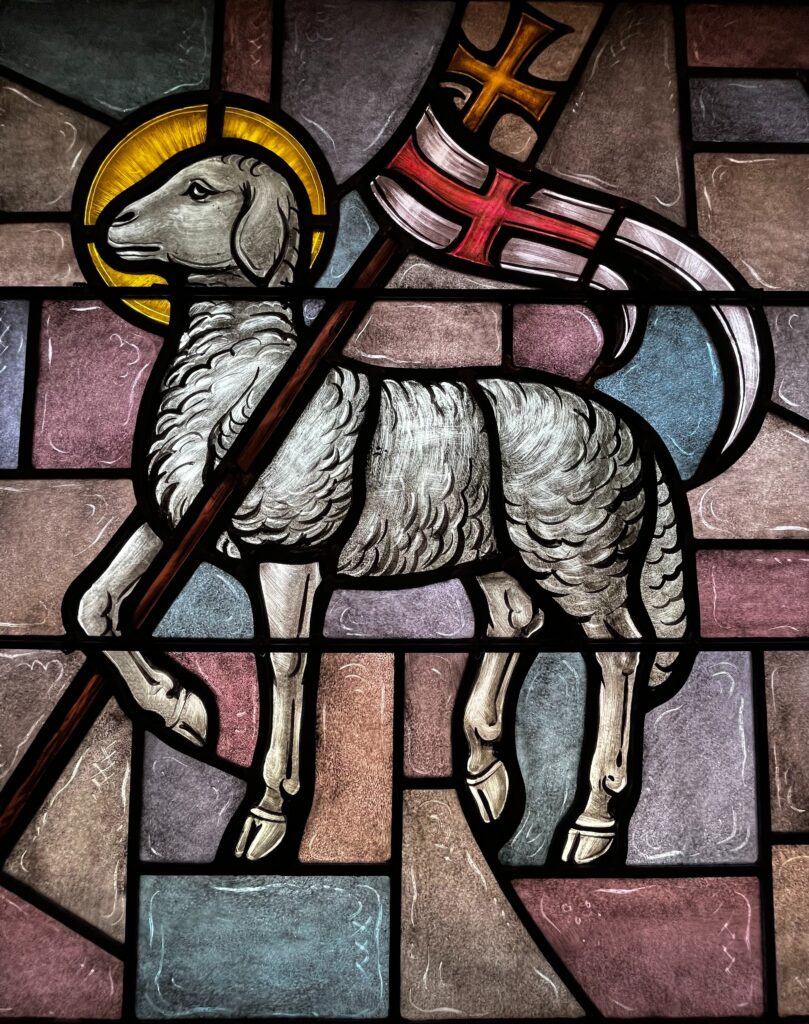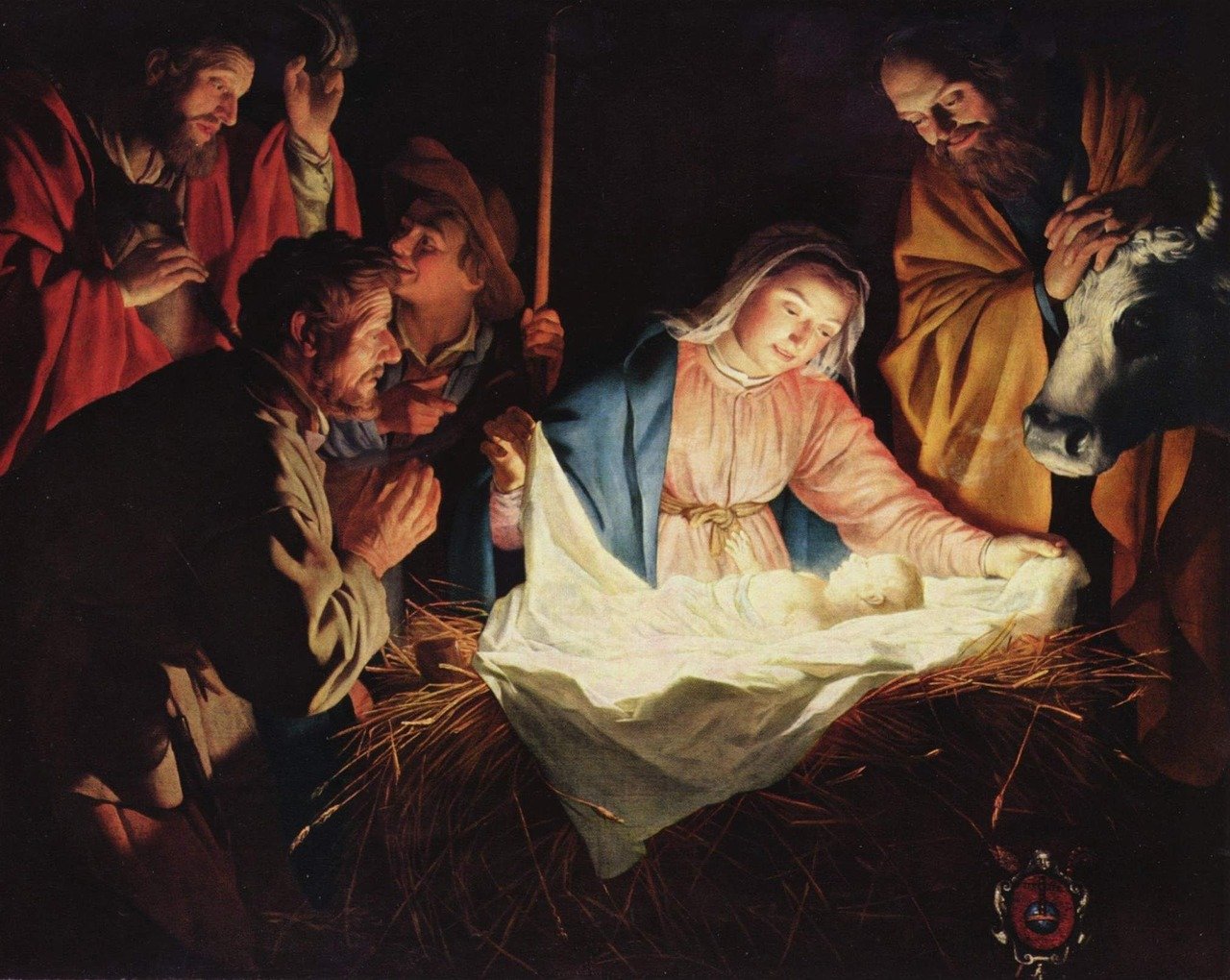13 Days ‘til Christmas! Are Your Gifts Wrapped?

Ready or not,
Jesus,
and Christmas are coming!
Too often, in the celebration of Christmas, we scurry like squirrels from store to store to get gifts for those we love. We make lists and budget money and, hopefully, pray as we shop. We want to bless people with unique presents that will enhance their lives. We want to find the gift that gives joy and makes memories like a sinless babe wrapped in swaddling clothes Who brought us the first Christmas. We can never outgive God. But we can rethink gift-giving and exercise greater discernment.

Often, what people need most is not more things. I intentionally choose perishable gifts for some people. My mom has downsized for the last time and prefers not to figure out where to put more stuff. Theater tickets, yummy treats, and shared experiences mean much more to her than nick-nacks. She appreciates “things” she doesn’t have to find a place for. Truth be told, I also enjoy giving her things I won’t have to throw away or dispose of after she passes away. Not to sound morbid, but my mom is eighty-eight; our time together is passing quickly. Spending time together means a lot to both of us. I try to visit her for her birthday each year and have her stay with us at Christmas. Yes, I’m giving her gifts we both enjoy.
Three of my four kids earn annual incomes greater than mine. “What do you want for your birthday?” I’ll ask my son-in-love. “We want you to come for a visit,” he replies. Maybe the perfect gift for someone on your list is time. Just visit them. Perhaps a plane ticket costs three times more than you budgeted—but if you can afford it—think how delighted a parent or child would be if you were the Christmas gift on their doorstep. That’s what God did when He sent His Son, Emmanuel; God came to see us and to let us see Him.
“Every good gift and every perfect gift is from above, coming down from the Father of lights, with whom there is no variation or shadow due to change.” James 1:17. God benefits from everything He’s given us no matter how great His sacrifice, “looking to Jesus, the founder and perfecter of our faith, who for the joy that was set before him endured the cross, despising the shame, and is seated at the right hand of the throne of God.” Hebrews 12:2

Jesus came to give us life; good gifts promote health like the bicycles Bill and I gave our grandchildren this year. Bikes are not cheap. We combined our Christmas and birthday budgets for each child. My daughter, who hates clutter, was thrilled, and so were her kids. However, it came at the sacrifice of not receiving a gift on their birthdays and Christmas. All four kids received their bikes on their oldest sister’s birthday in mid-July so they could all ride the bikes in sunny, warm weather.
However, the two youngest girls who received bikes turned eight and six in October. So I decided to send a card and a very inexpensive gift to go on their bikes. The eight-year-old loves crafts and buttons. She received a button-bike bling kit I assembled for her. I included twisty ties so she could decorate her basket. She even shared her buttons with her sisters; all the girls received bike-basket, button, bling! Good gifts promote creativity and can be shared. The six-year-old rides fast! We call her Brave Maeve. She received streamers for her handlebars.

Teaching delayed gratification is good. Eve’s first son wasn’t the Savior she hoped for when she held up Cain and said, “Look, God gave us a man!” God gave His Son in the fullness of time (Galatians 4:4), not instantly at the beginning of the world. Maybe the best thing you can give a child is a savings account. My cousin used the money our grandma sent her kids and put it in the bank. They didn’t receive Great Grandma Irene’s many years of gifts until they were eighteen. I wish I had thought of that!!
All gifts don’t need to come in pretty wrapping paper or sit under the tree. I’m not a genius when it comes to gift-giving. The secret to giving great, memory-making presents is not a secret. Pray! Jesus tells us, “Without me, you can do nothing.” (John 15:5) Good gift-giving included.
If finding the perfect gifts and getting all that junk wrapped is stressing you out, maybe you need to drop to your knees, worship the Father of Lights, and ask Jesus, the Light of the World, to give you wisdom. Then, please take a deep breath and savor this Holy Season we call Advent. Wrapping up your Christmas shopping may not involve wrapping at all. The fact that Jesus came reminds us He’s coming again. Do your neighbors, friends, and family know? Let’s ensure everyone knows that Christ died for them, lives for them, and is returning for His people. Jesus is the perfect gift for everyone!
Merry Christmas!


















